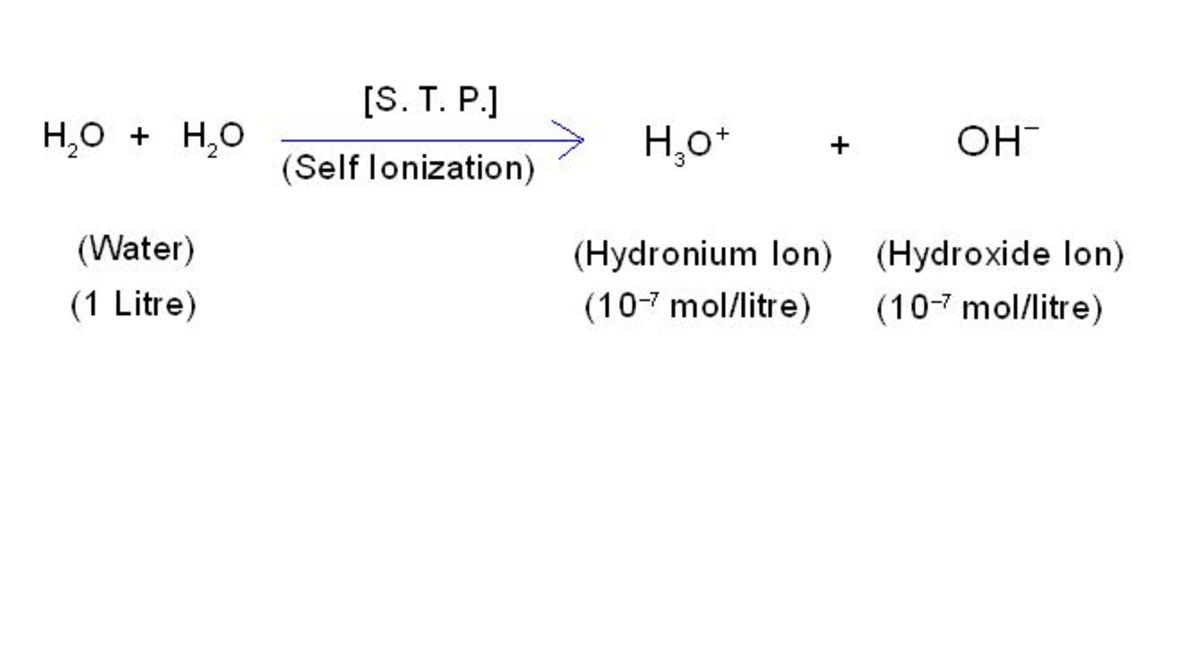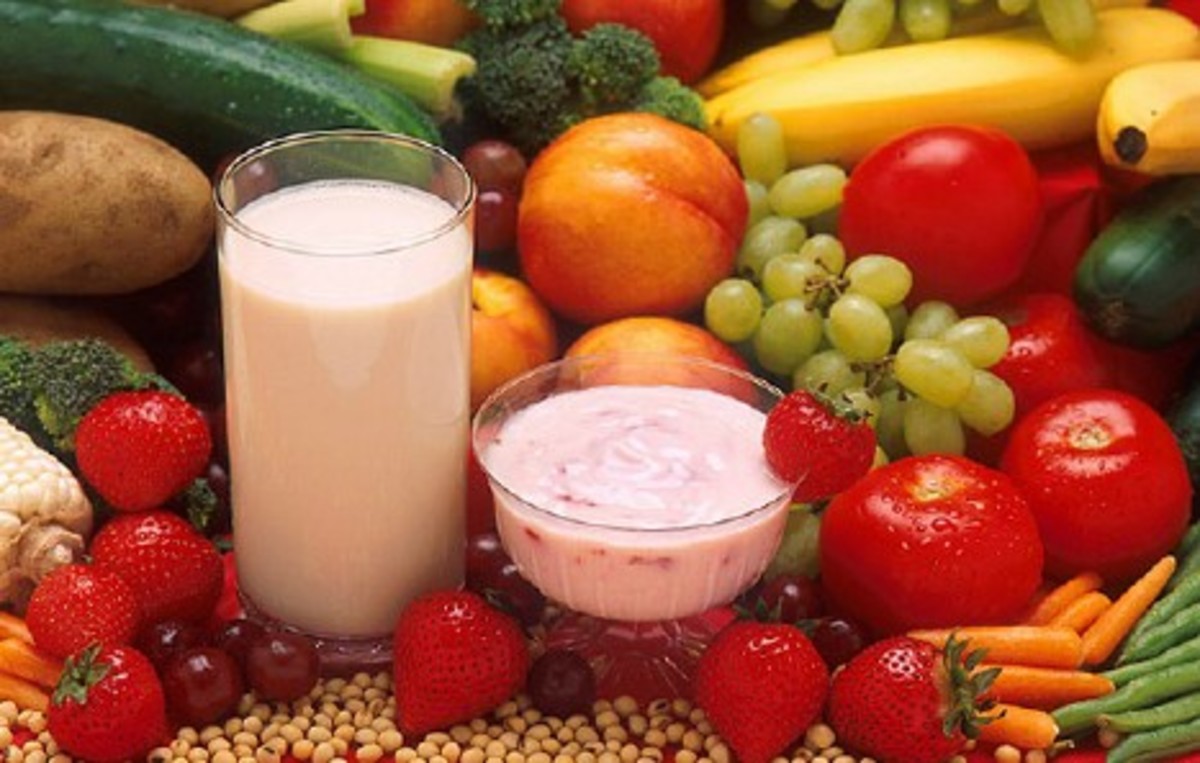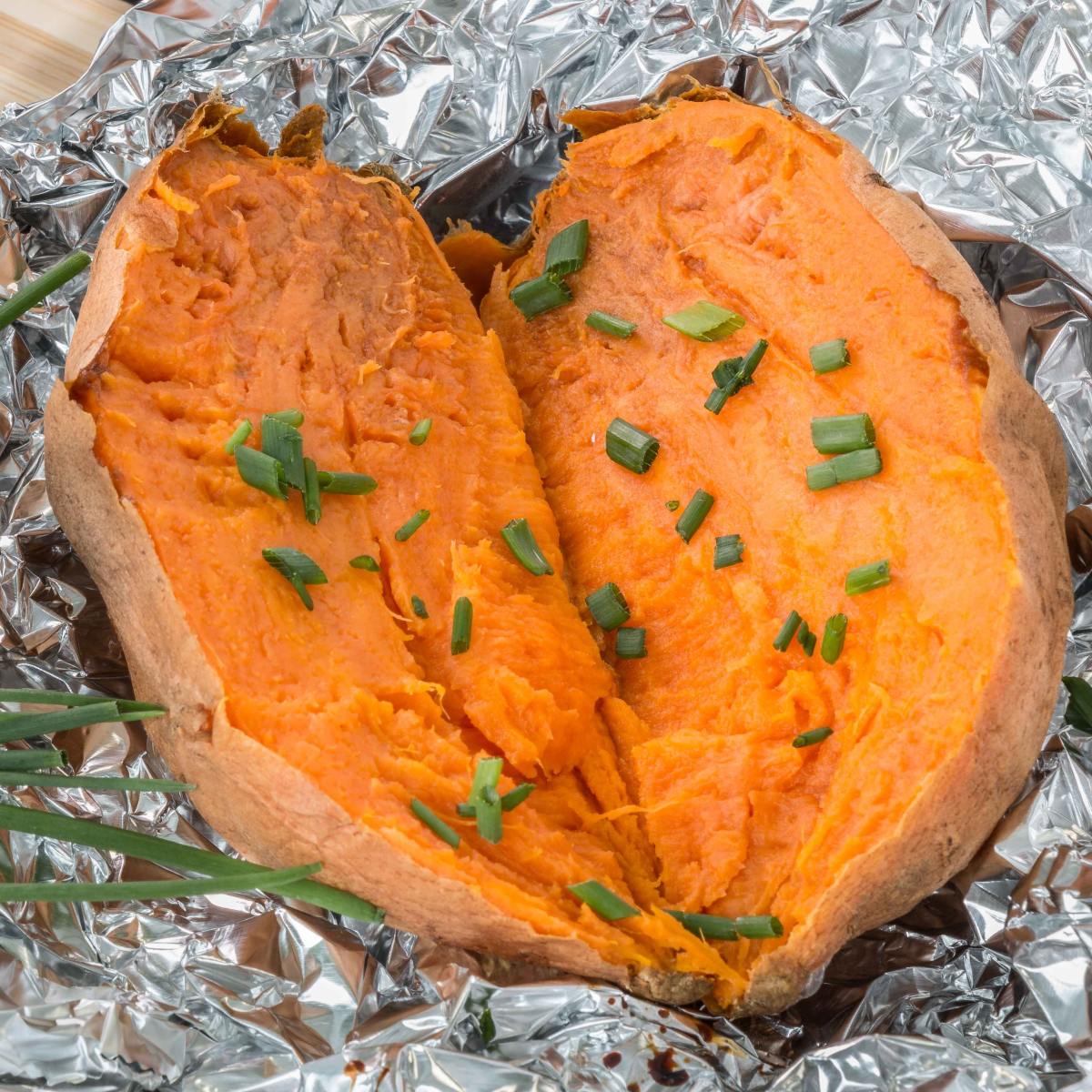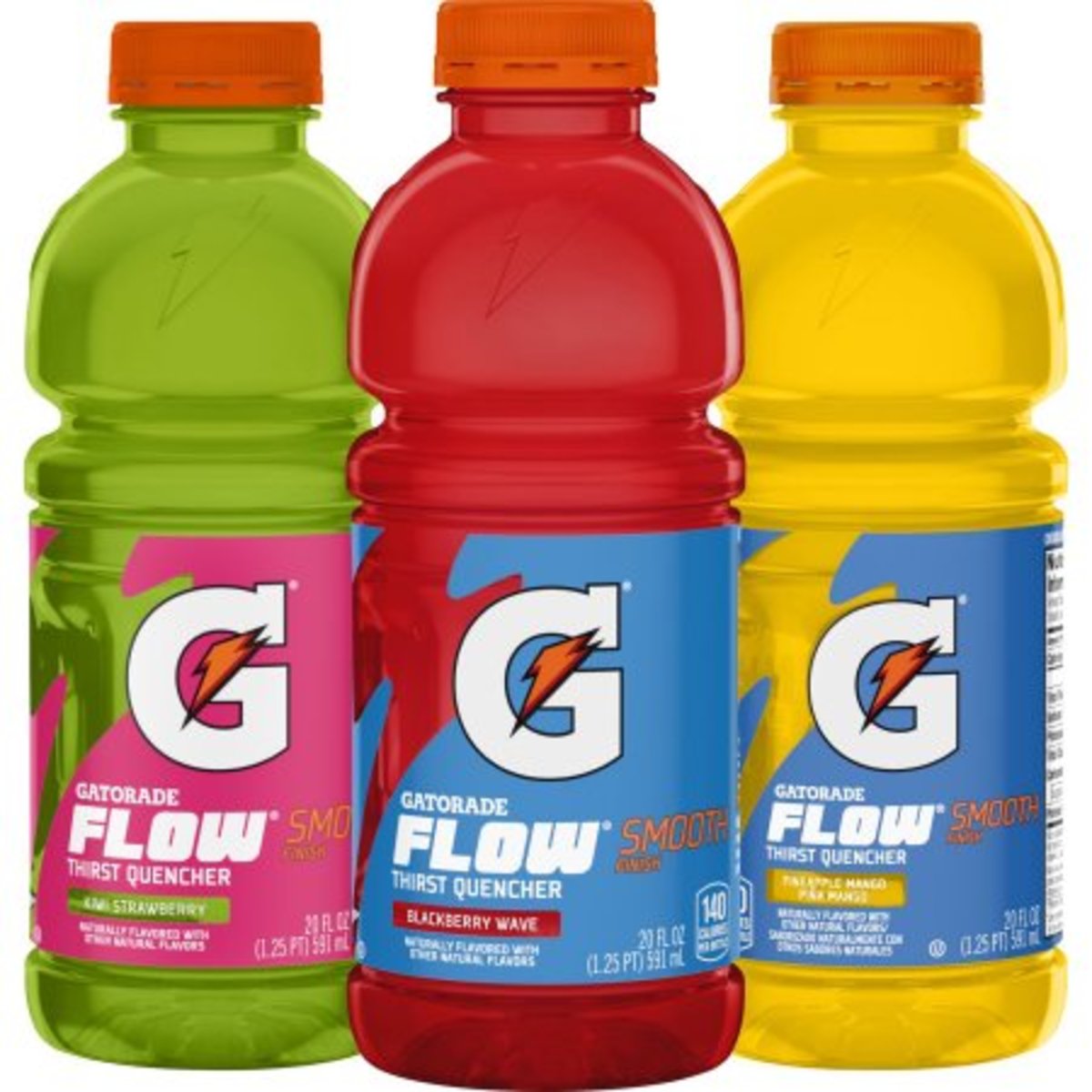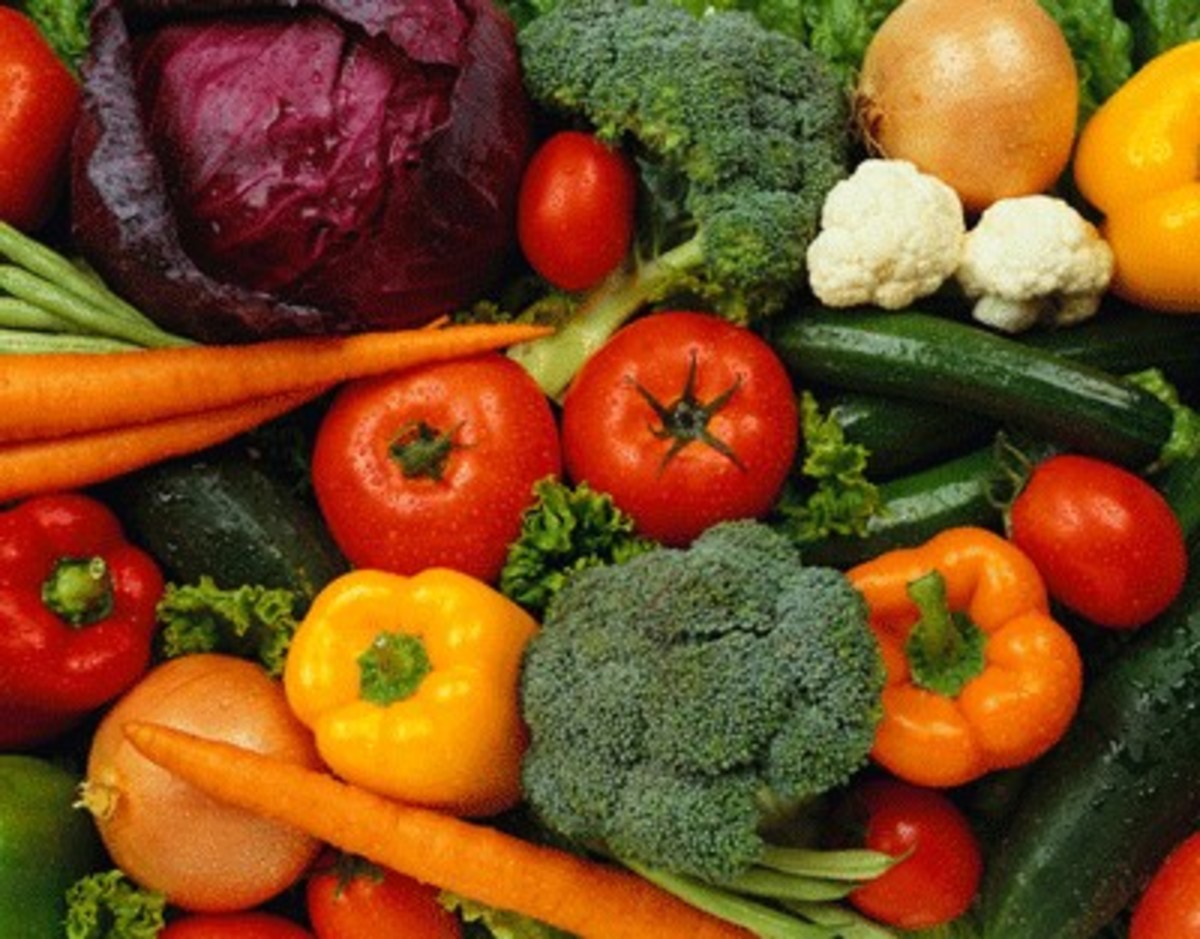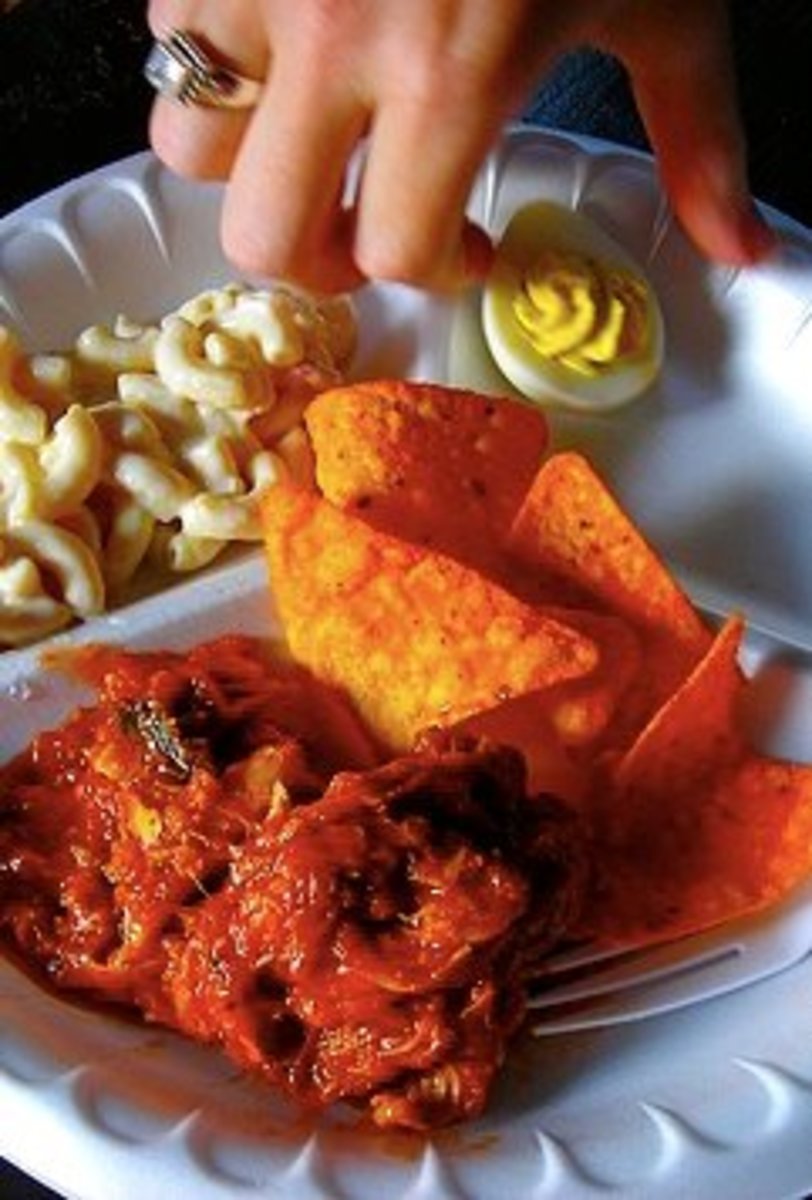The Difference Between Minerals from Food and Non-Food
Minerals in Foods
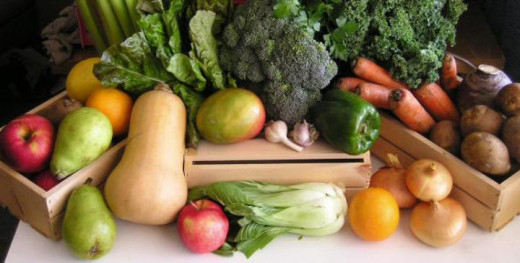
Difference of Minerals in Foods and Non-foods
This was written in December of 2011. I used to work as a chemist for the federal government so I know chemistry. In medicine they do not really recognize this difference but medicine is about drugs (medications) not nutrition.
The body can use minerals from non-foods if it needs to but it is not preferable. This has nothing to do with foods being organically grown but with organic chemistry (carbon-based) and inorganic chemistry. First of all common sense would tell you that eating shavings off of an iron nail is not the same as getting iron from eating spinach.
Potassium
The definitive websites like the government websites suggest eating food to get your nutrition instead of taking vitamin or mineral supplements. Say you go to an M.D. that knows about nutrition or a naturopathic doctor. The FDA limits potassium supplements to 99 mg of potassium (K).
Now if you ask one of the doctors above if you can take 400 mg of potassium while in the waiting room, they will say "no." They know that if you take over 200 mg of potassium, you may need to be taken to the hospital. On the other hand if you ask if you can eat an avocado or two in the waiting room, it will be okay. An avocado has about 1,200 mg of potassium.
A banana has about 400 mg of potassium and a potato has about 800 mg of potassium. Organic refers to something that is alive or was alive. The molecules are chains of carbon atoms whereas inorganic chemicals may not have any carbon atoms. So you can get thousands of milligrams of potassium from food with no problem.
Iron
Here is another example. There is a big danger of consuming too much iron. One popular theory about why women live longer than men is because the body gets rid of iron during menstruation. But when people are in danger of consuming too much iron from food, the body stops absorbing the iron. But the body cannot do this with iron supplements. So one medical doctor says to never take an iron supplement unless a doctor instructs you to.
So an example of inorganic chemicals or non-foods would be salt (NaCl- sodium chloride) or rust [iron(III) oxide-- FeO]. Oil (petroleum) is organic since it comes from decayed organisms. In the above example it shows that the body reacts differently to minerals in foods and minerals in non-foods.
Here is a lesson from biology. Plants manufacture foods out of non-foods like dirt (minerals), water, air and sunlight. Animals consume foods. So people are not supposed to eat dirt or get minerals from dirt. But they are great for plants. So people are not supposed to drink urine but urine is good for plants.
I wrote this article since it goes along with other articles that I have written. Like they add non-organic iodide to salt but it is better to get iodine from a food like seaweed or sea vegetables. Also salt is very unhealthy and causes blood pressure to rise in many people. It is still unhealthy for people who are able to (for now) eat a lot of salt and resist high blood pressure.
Among the Foods that Prevent High Blood Pressure, there is celery. The funny thing is that celery is higher in sodium than just about any other food. So maybe the problem with salt is not just all the sodium but it is not organic sodium like what is in foods. My article about if salt can make you overweight tells how webmd.com has an article saying that cutting down on salt consumption is as good for health as quitting smoking.
Also people who say that pure water (like from being distilled or purified with reverse osmosis) is bad for you since it has no minerals. Well a lot of those minerals are from urine and dirt. Also if you do not totally purify the water and leave in minerals, then you also leave in a lot of toxins and pollutants, So instead of only taking out some of the pollutants, you take everything out and then make green tea that is a food.
The Chinese do not drink water. They drink tea all day and they serve it in Chinese restaurants for free just like water in non-Chinese restaurants. Water does not prevent cancer and dementia but tea does
Sometimes you hear about vitamins being destroyed by cooking. Minerals cannot be destroyed by cooking. In fact the minerals are indestructible even if you blow them up with an atomic bomb. Although if you use a hydrogen bomb which uses nuclear fusion, not nuclear fission like an atom bomb, then you can change one mineral into another mineral.
Potatoes have a lot of potassium but if you boil them a lot of the potassium ends up in the water. So it is better to steam the potato or to bake it. Just about any vegetable can be steamed to cook it. I do not use a microwave oven since some studies show that it changes the food so it is very unhealthy.
Here is a webpage from BerkeleyWellness.com about potassium pills and about potassium supplements. You can tell from reading it that they recognize a difference in where the potassium comes from but have no idea what the difference is. Ask the Experts: Potassium Pills (May 1, 2012) says:
While there’s no doubt that a diet rich in potassium provides cardiovascular
benefits (notably for blood pressure control and stroke prevention), that may
not be true of supplements—which can actually be dangerous for many people.To be cautious, the Food and Drug Administration (FDA) limits over-the-counter
potassium supplements (including multivitamin/mineral pills) to less than 100
milligrams, just 2 percent of the recommended 4,700 milligrams a day.Bottom line: Most Americans consume far too little potassium (and far too much sodium), but they should get it from foods, not pills, unless their doctors have prescribed the supplements. Among the best sources of potassium are potatoes, bananas, spinach, avocados, yogurt, orange juice, Brussels sprouts and white or lima beans.

